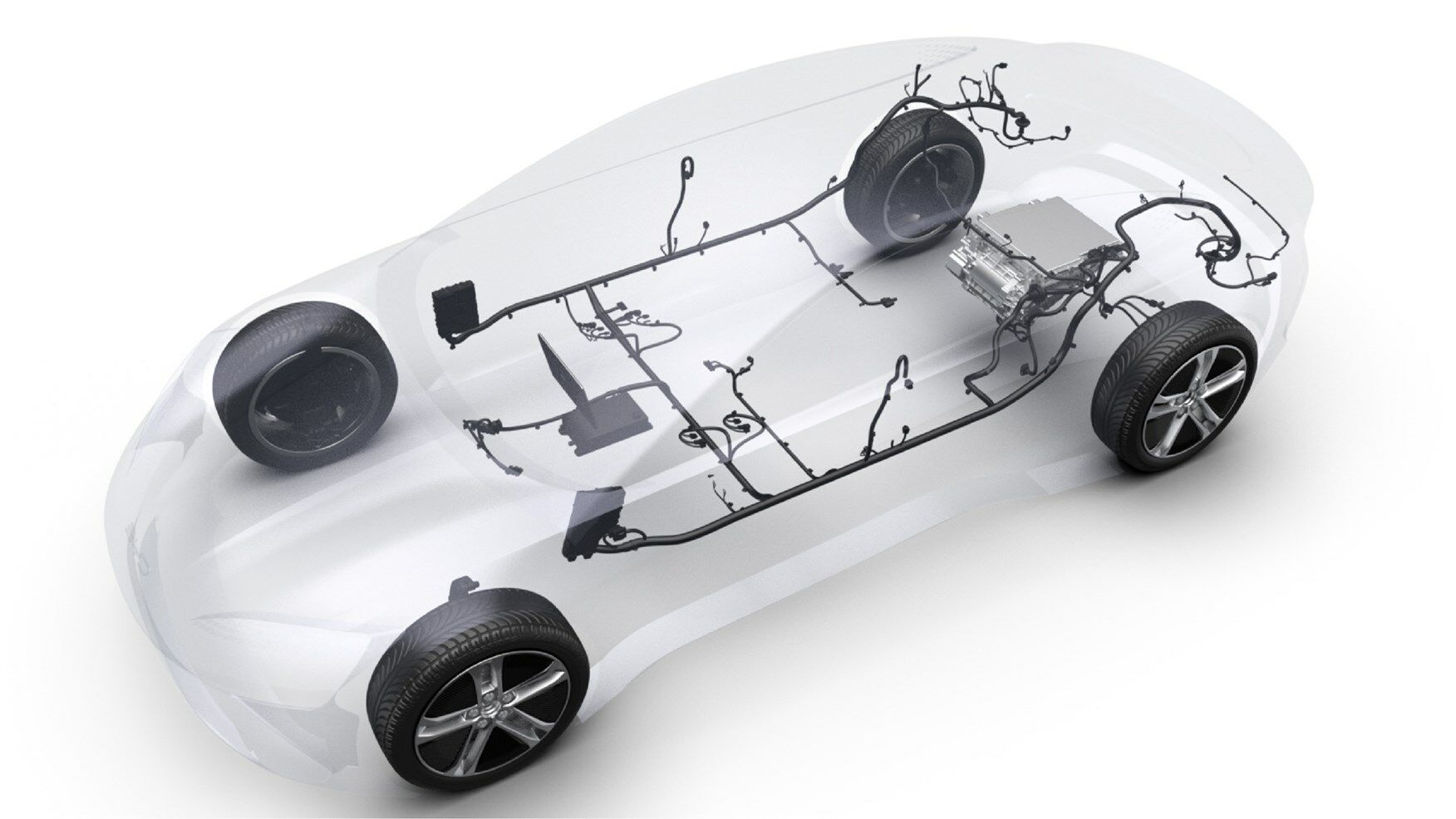Chinese EV makers dominate Southeast Asia, ICE cars decline

Chinese electric vehicle (EV) sales are rapidly increasing in Southeast Asia, with China’s BYD (Build Your Dreams) and Vietnam’s VinFast spearheading the charge.
Counterpoint Research reported that EV sales in the region more than doubled from January to March compared to the same period last year, while sales of internal combustion engine (ICE) cars decreased by 7%.
The previous year saw 75% of all EVs sold in Southeast Asia being manufactured by Chinese car makers. Counterpoint Research analyst Abhik Mukherjee spoke of the recent market domination by EVs.
“As Japanese and Korean automakers, who dominate conventional vehicle sales, lag in EV adoption, Chinese OEMs (original equipment manufacturers) are stepping in to fill the gap.
“Over 70% of EV sales in the region are from Chinese brands, led by BYD,”
Thailand, representing Southeast Asia’s second-largest economy, is leading the EV surge. Chinese car makers have invested more than US$1.44 billion (52.7 billion baht) to establish new EV production facilities in the country.
Thailand, which hosts significant operations for Japan’s Toyota Motor and Honda Motor, accounted for 55% of all Southeast Asia’s EV sales in the first quarter, with the segment growing 44% year-on-year.
Vietnam also experienced remarkable growth, with battery electric vehicle (BEV) sales soaring by over 400%, contributing nearly 17% to regional sales.
Across the region, China’s leading EV manufacturer BYD maintained its dominant position, capturing 47% of the market, followed by Vietnam’s VinFast. BYD’s success in Southeast Asia, although still a smaller EV market compared to other regions, has been bolstered by distribution partnerships with large local conglomerates.
United States electric carmaker Tesla saw its market share in the region decline by two percentage points to 4% in the first quarter, despite a 37% increase in sales during the same period, reported Bangkok Post.
Several Southeast Asian countries, including Thailand and Indonesia, have implemented incentives to boost EV demand and attract new investments. These initiatives have been met with enthusiasm by Chinese car makers, who are facing intense price competition in their domestic market, said Mukherjee.
“Southeast Asia is becoming a major expansion region for Chinese OEMs.”
Latest Thailand News
Follow The Thaiger on Google News:


























